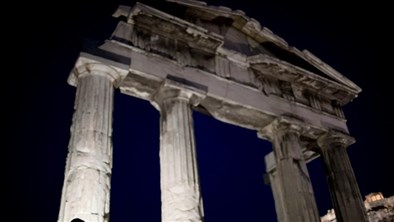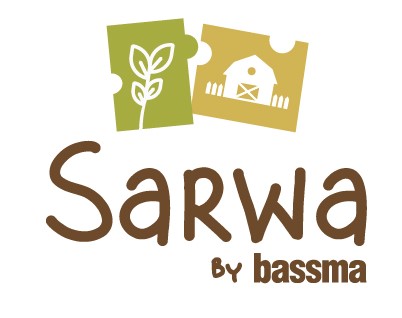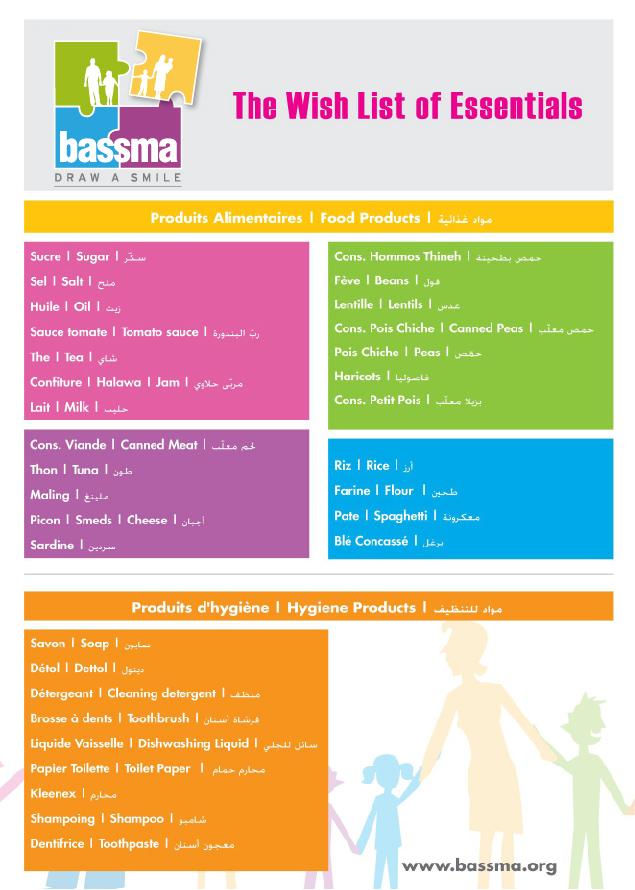Source: https://www.thenational.ae/international
Author: Michael Karam
Times are pretty grim, so grim in fact that Rachel Nuwer writing recently for the BBC online, wonders if western civilisation is on the brink: “No civilisation, no matter how seemingly great, is immune to the vulnerabilities that may lead a society to its end.”
And why shouldn’t it be? Rome ended. The Ottoman Empire ended and the British Empire ended. The US, which has only been a global player for a relatively short period, could end up being a historical footnote.
The nations of the Middle East have never really had time to take root. The GCC states are newcomers; so are Jordan and Syria despite their ancient names.
And despite our wealth of history, stretching back to almost the dawn of time, Lebanon, we must remember, has only been a country since 1943. Before that the French ran the show for 20 years and before that the Ottomans called the shots for 402 years. Go back further and we were run by the Arabs, the Persians, the Romans and the Greeks all the way back to the Phoenicians. Lebanon, the republic that today covers 10,452 square kilometres with Beirut as its capital, is a baby.
And a vulnerable one at that: earlier this summer, the Carnegie Middle East centre questioned economists about the health of Lebanon’s economy, asking if we were careering headfirst towards bankruptcy. The most optimistic scenario had the central bank, due to its sizeable foreign currency reserves, giving us two years to get ourselves sorted. It’s not long given that “getting sorted” is something we’re not particularly good at.
And yet the conventional wisdom is that Lebanon defies regular norms and is in fact in better shape than we think. We will tell you that, yes we should have “done” an Argentina or a Greece or a Spain or whichever country happened to be the current poster child for national basket case. They will use, as an example of our resilience, the “fact” that property prices never drop in Lebanon; that the central bank knows what it’s doing and the economy may not make sense, but we shouldn’t even try to understand it because we’ll all muddle through in the end. That’s all well and good but I’m sure the Romans said the same thing about their empire in 410. Then the Visigoths came calling.
The fact is that remittances, one of the vertebrae in the spine of the economy, are declining, the deficit is increasing; there is little activity in the business sector and much of what does come in doesn’t get put back into the state, being a by-product of the corruption and neglect that has served us so well in the past. Yes, tourism has been resuscitated but to nothing like the pre-2011 levels and the banking sector is solid but, honestly, apart from buying and selling things, and exporting human capital, the only other thing we do really well is cook.














